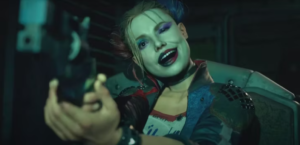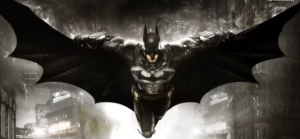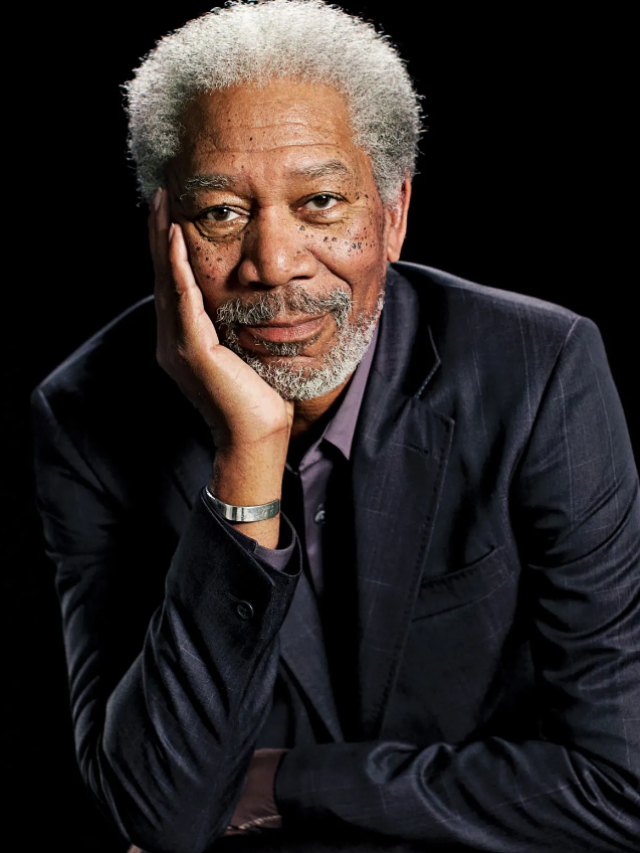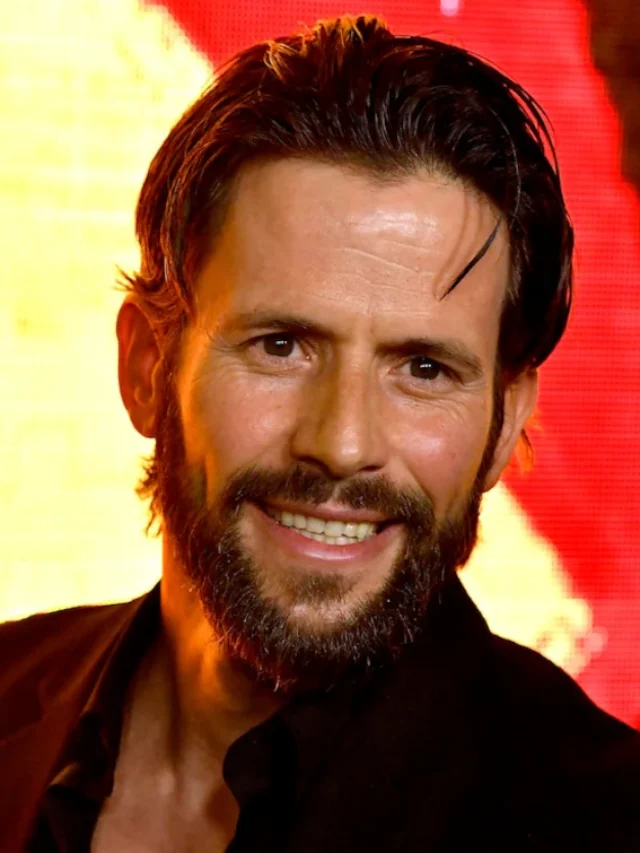

The fate of Batman in Suicide Squad: Kill the Justice League has sparked a heated debate, highlighting the importance of taking risks in video game storytelling. Many have witnessed the infamous clip of Harley’s encounter with Batman in the game, and it’s intriguing to observe how the online conversation has shifted from reviewers criticizing games to individuals forming opinions without even playing the game. The controversy surrounding Batman’s role in the game is both fascinating and misguided.
Now, let’s delve into spoiler territory. The so-called “confrontation” between Harley and Batman was nothing more than a clever deception. Harley kills Batman, shooting him directly in the face. Despite the game’s title being a spoiler in itself, people are still shocked by this revelation. In the past, I have discussed our collective lack of media literacy, which often leads us to reject narratives that challenge us. However, Batman’s fate in this game presents a different perspective. Some perceive his death as a personal affront to Batman fans, as if Rocksteady is killing off everyone who admires the character. This reaction, of course, is an exaggerated overreaction.
As someone who has been a fan of Batman since childhood and has praised the Arkham series, I understand the significance of this character and this particular iteration. That’s precisely why I find it incredibly cool that Batman meets his end in this manner. Superheroes typically defy death repeatedly, leaving us uncertain about their mortality. Batman has employed this tactic in both the Dark Knight trilogy and the Arkham series, but it doesn’t truly embody the essence of Batman. Unlike aliens or individuals bitten by radioactive spiders, Batman is an ordinary person, not a “super” hero in the traditional sense. This is why I thoroughly enjoyed seeing him portrayed as an older man in Batman Beyond (also known as Batman of the Future).
It appears contradictory to the essence of Batman to desire his immortality. Personally, I am not fond of his resurrection, but at least the story has reached a conclusion now. It is quite logical for Harley to have killed him point blank – it is easy to overlook when you can simply restart from a Game Over, but in the Arkham games, everyone was already attempting to eliminate Batman. He had killed the Joker and handed his lifeless body to Harley, so it is well within her eccentric and violent nature to seek revenge against the man who took Mistah Jay’s life. It is also important to note that Batman was not himself – he was under the control of Brainiac (which is the central plot of the game) and could not be reasoned with. Since it was announced that Batman would be featured in this game, I am uncertain about people’s expectations. I keep hearing that the manner of his death worsens the situation, but a bullet through the head executed style seems like a very dignified demise. There was no correct way to handle this for people. However, that does not mean it should not have been done. Superhero stories already contain numerous instances of deus ex machina and convenient resolutions, so for Rocksteady to commit to the idea and kill off Batman is a commendable tone setter for what this game could have been if it were not burdened by battle pass and live-service mechanics. The fact that even The Flash pleads for death during a moment of clarity also emphasizes that killing Batman is not as insulting as people perceive it to be.









